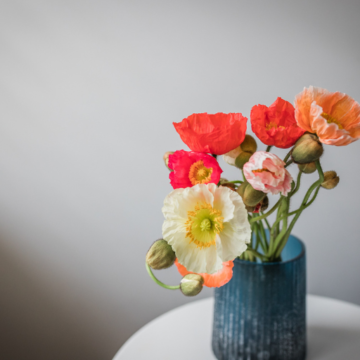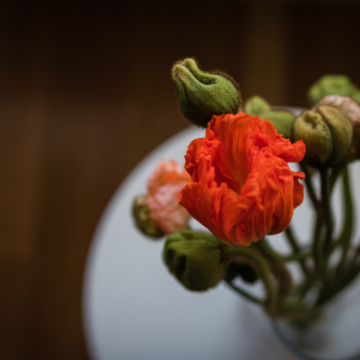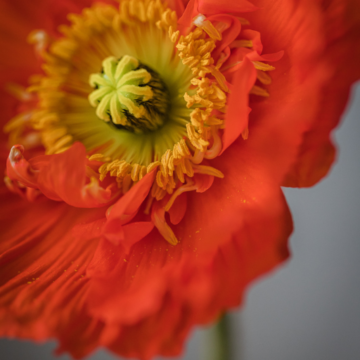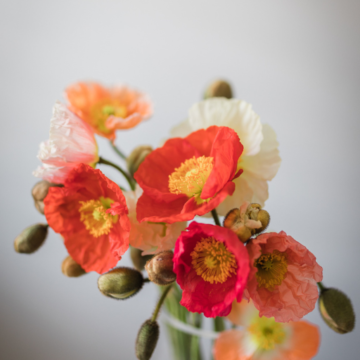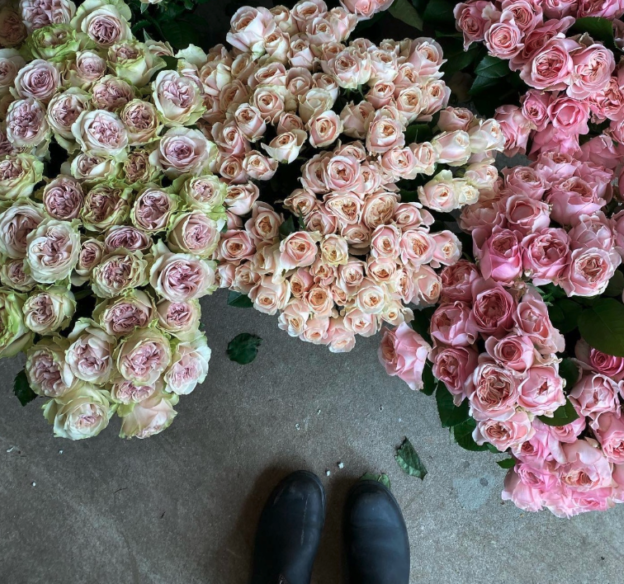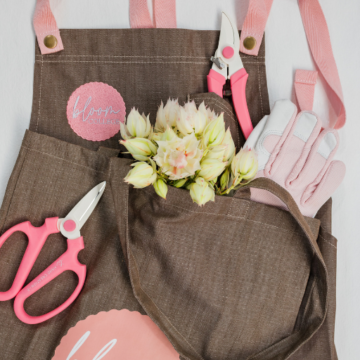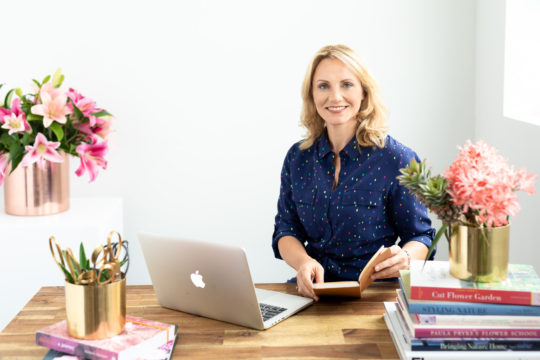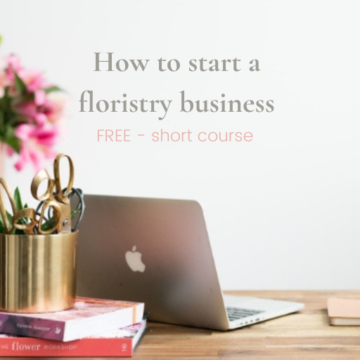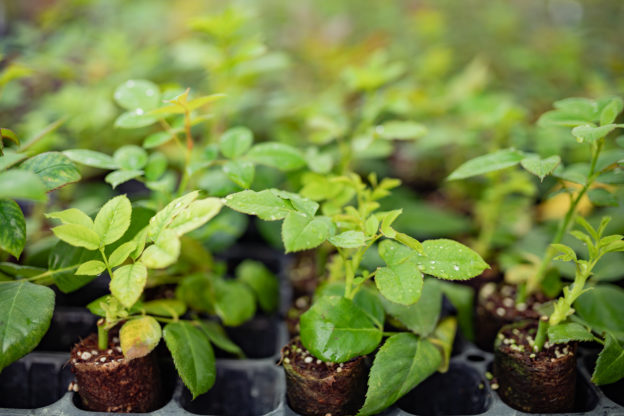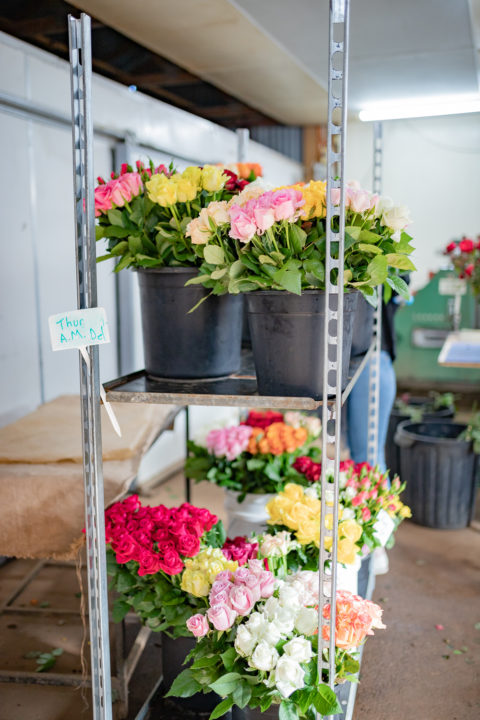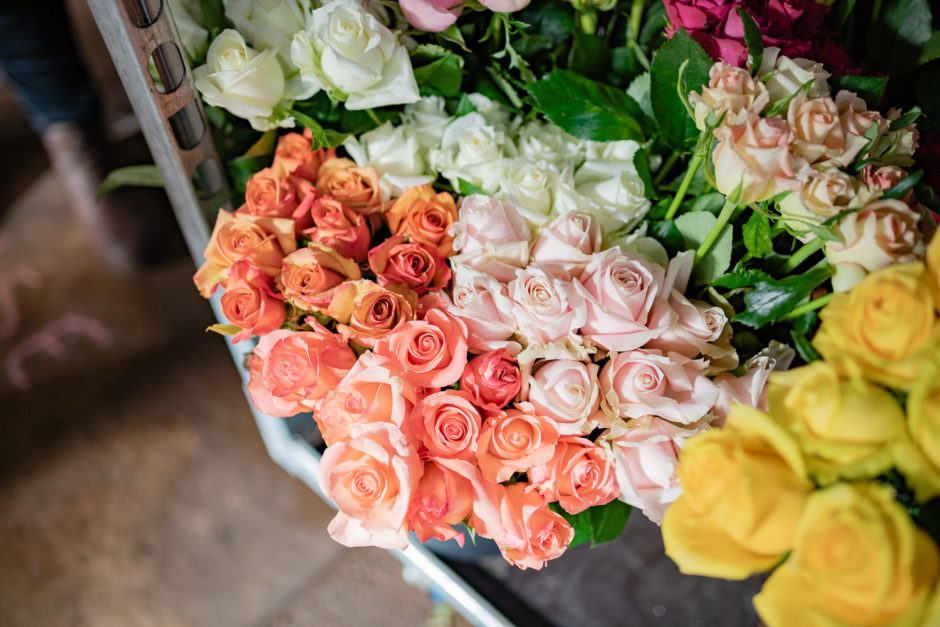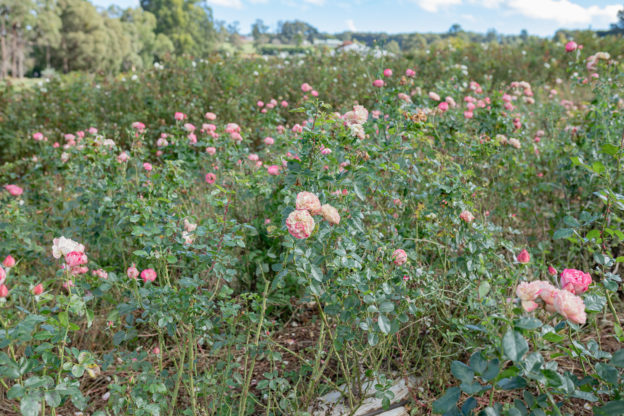There has been a resurgence of sustainable, “slow flower” farmers across Australia recently.
The benefits of buying locally and sustainably grown flowers are endless: lower emissions, supporting local farmers, zero toxic fumigation, and less time travelling––meaning the flowers have more time to look their best!
It’s always worth googling for local growers in your area, but here are ten we love from around Victoria.
Scout’s Garden
Scout’s Garden is an ethical flower farm located in Beechworth, VIC. They are proudly part of the “slow flower” movement here in Australia, consciously producing sustainable, seasonal flowers. Their flowers have all been lovingly nurtured and carefully handpicked, with a focus on environmentally friendly floral designs!
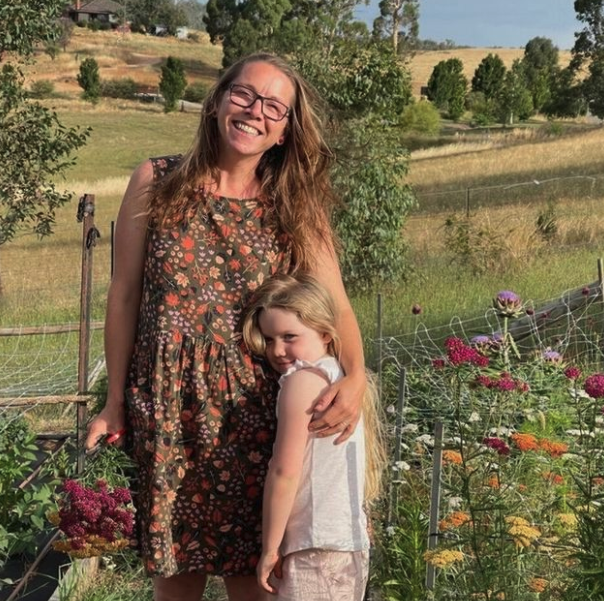
@scoutsgarden
Belle Àme Flower Farm
Belle Àme Flower Farm are artisan eco florists and growers, located in Drummond, in central Victoria. They specialise in old-fashioned flowers that are chosen for their beauty and scent, and might remind you of being out in grandma’s garden!
They pride themselves on growing everything from scratch without the use of chemicals, believing that when you care for the soil and the critters in the ground, the rest of the ecosystem will thrive too. Belle Àme sell directly to the public, as well as supplying local florists with bee-friendly, wholesale blooms.
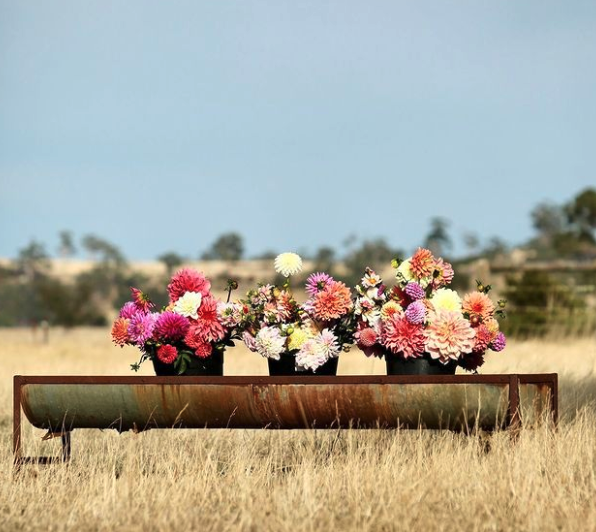
@belleameflowerfarm
The Rook Blooms
The Rook Blooms is a gorgeous little family run flower farm located in Bullengarook VIC. They provide seasonal, small scale cut flowers to florists and designers, and they specialise in vibrant Dahlias and beautiful Ranunculus!
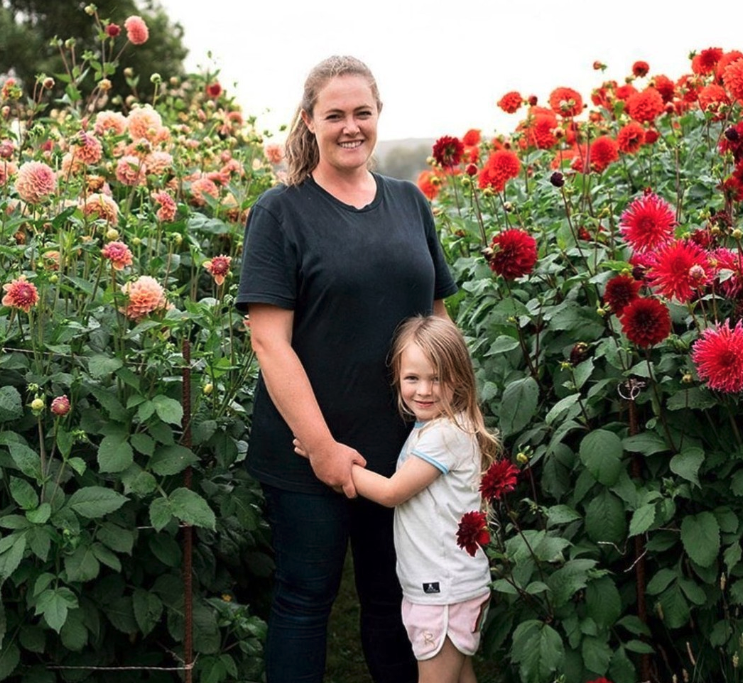
@therookblooms
Geelong Flower Farm
Geelong Flower Farm proudly stocks the largest variety of fresh cut flowers in Western Victoria. Their huge range of year-round varieties and seasonal blooms are loved by both the public and the floristry industry throughout Geelong, the Bellarine and the western district.
They are locally owned and operated, and their extensive experience in the horticultural industry means that they are only selecting the best quality flowers!
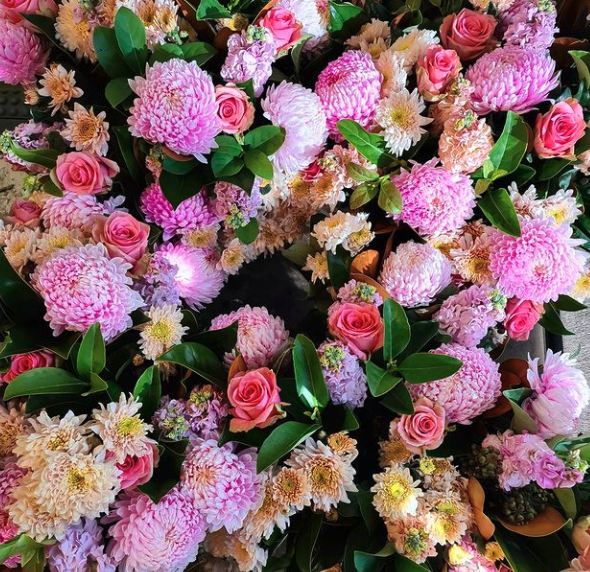
@geelongflowerfarm
Sunny Hill Flowers
Sunny Hill Flowers is a family owned Aussie business located in Silvan, Victoria. Owner Rob de Wit is a descendant of Dutch bulb growers, and he and his wife Mariske are passionate about producing new and distinct varieties of lilies.
Their climate controlled greenhouses mean that they are not limited by the Australian climate, so the flowers they produce are consistently the best quality, all year round. Sunny Hill’s emphasis on environmental responsibility and standards of production makes them a popular choice for wholesalers and florists in Victoria.
We love Sunny Hill here at Bloom College, and we even take our Career Change Course students on a trip there as part of our Local Growers tour!
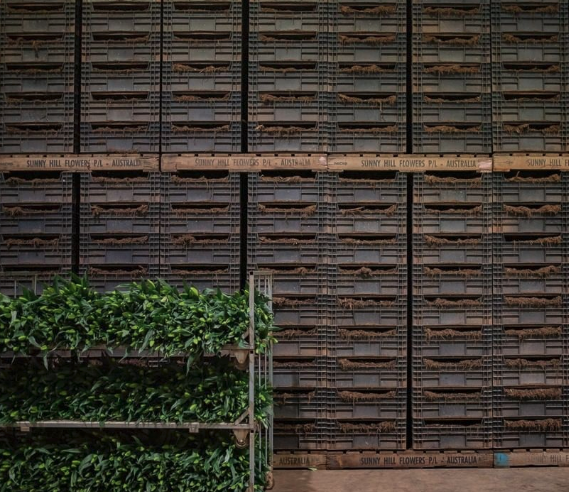
@sunnyhillflowers
Maxiflora
Maxiflora is a sustainable and holistic flower practice based on beautiful Phillip Island. The van der Zwet family are third generation flower growers, who pride themselves on innovating and utilising new technology to sustainably grow, nurture and harvest their flowers.
They take sustainability super seriously! Back in 1995, Maxiflora was the first to start using recycled water, and in just the last year they reduced their plastic packaging by 90%. They share photos of their stunning roses and hydrangeas on Instagram, so be sure to check them out.
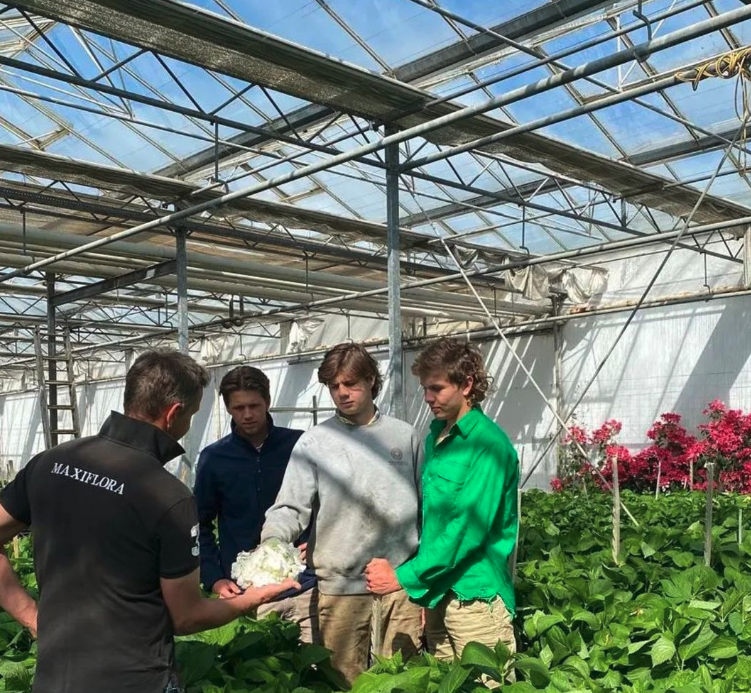
@maxiflora_
Crofters Fold
Crofters Fold is a minimal intervention rose and peony farm, located in the beautiful Macedon Ranges at Pipers Creek – just a short fifty minute drive from Melbourne.
While they also offer a luxury farmstay and their own Pinot Noir, it’s the bee-friendly selection of colourful roses and peonies that attracts florists Victoria wide.
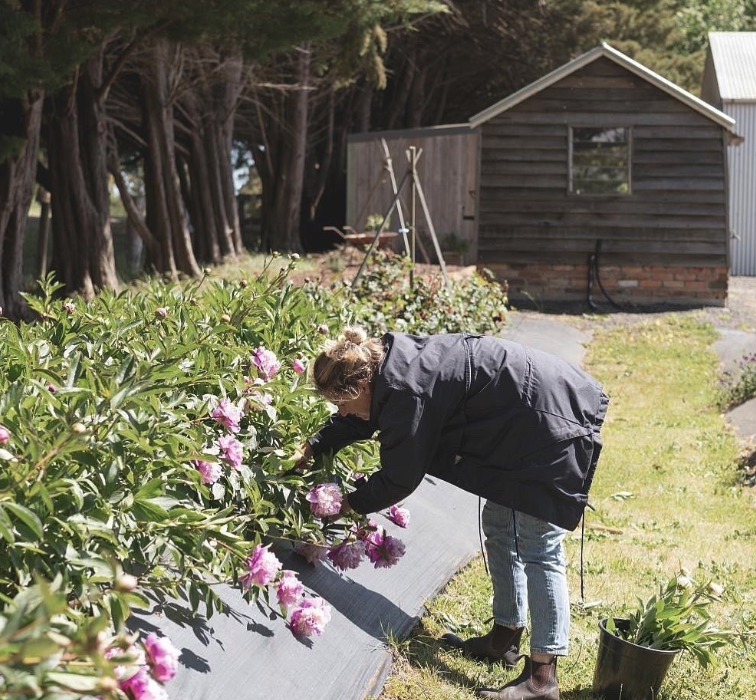
@croftersfold
Fleurs de Lyonville
Fleurs de Lyonville is a micro flower farm located just an hour north of Melbourne, right next to the Wombat State Forest in the Daylesford and Macedon ranges region.
Their gorgeous selection of bee-friendly flowers ranges from stunning Australian natives to classic cottage blooms, all without using any harsh chemical sprays. They also employ recycling and regenerative practices in their flower farming operations!
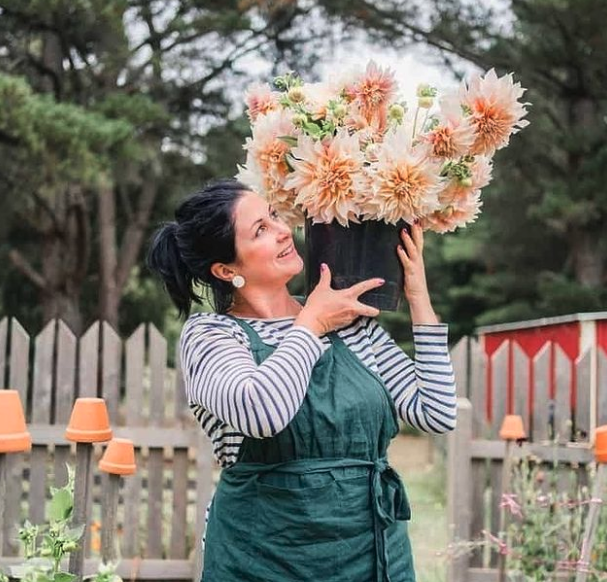
@fleurs_de_lyonville
302 Flowers
302 Flowers are a boutique, family-owned flower farm located in the stunning Macedon Ranges. All of their flowers are sustainably slow grown and chemical-free (super friendly for all those lovely bees!).
They produce fresh cut banksias, leucadendrons, proteas, dahlias, natives and special, hand-selected unusual blooms for that special touch to their bouquets!
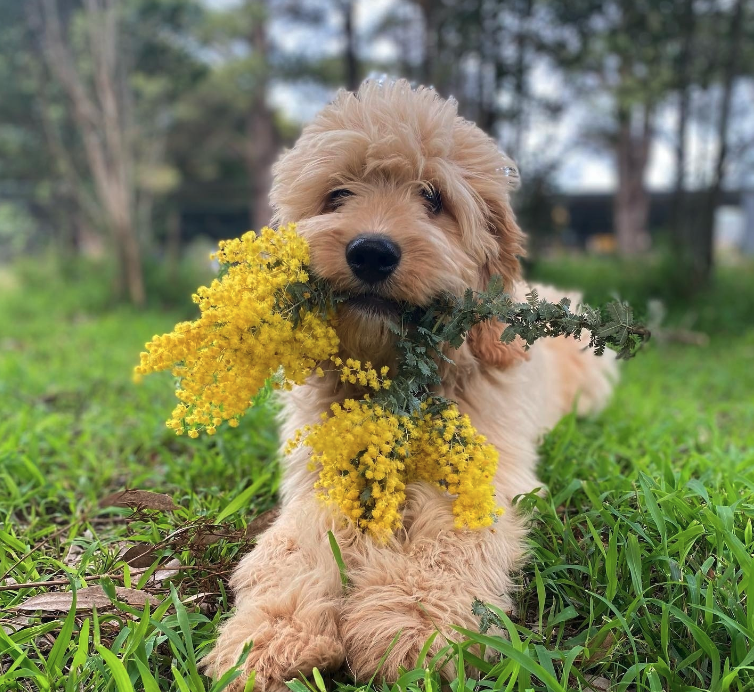
@302flowers
Grandiflora
Grandiflora is a family-owned rose breeder and grower that has been in business for 65 years. They are Australia’s largest fresh cut rose company, with a selection of more than 100 rose varieties in all shapes, colours and sizes!
The Grandiflora team has been committed to innovating and keeping up with industry trends since the 50s, bringing in new commercial glasshouses, a vase life testing room and year-round production technology. They love what they do and their beautiful roses are just evidence of that.
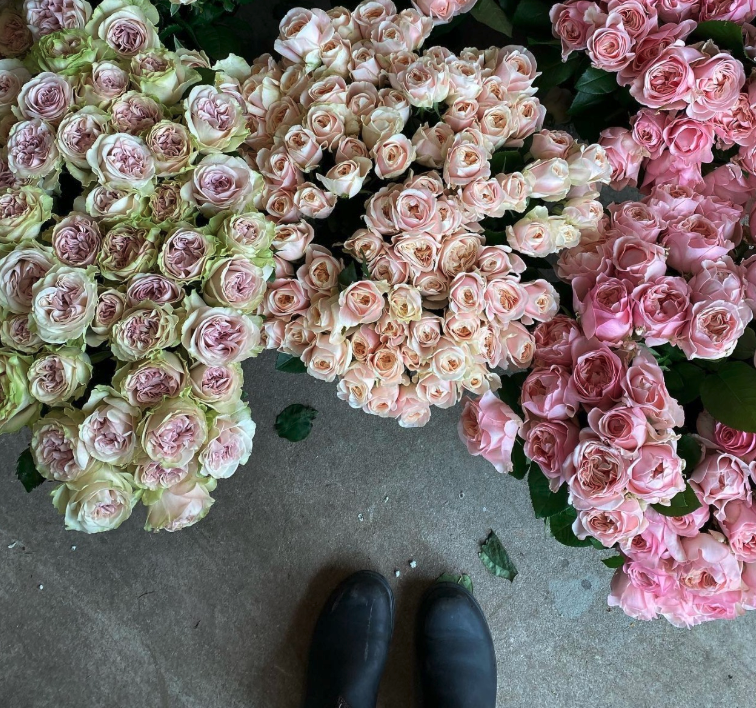
@grandifloraroses
Now, while it can seem like every florist around you is using cheaper, imported flowers, there is a huge community of us who are supporting our local growers and sustainable growing. Our Bloomers Club is a private Facebook group full of like-minded florists––both hobby and professional––who can offer support and wisdom as you navigate your own floristry journey. Click here to check it out and get plugged in.
If you’re still on the fence about purchasing locally grown flowers instead of their cheaper, imported counterparts, have a look at this blog we wrote recently about why locally grown is the better choice.
